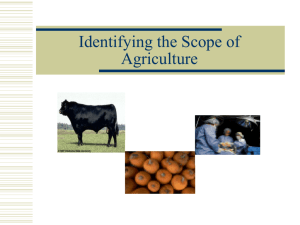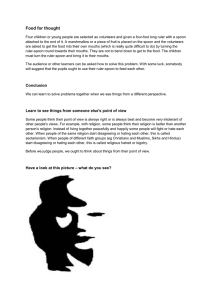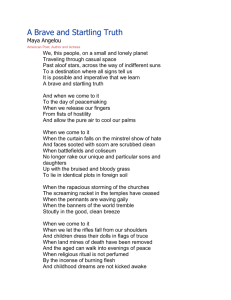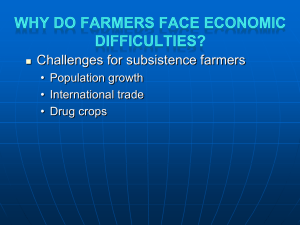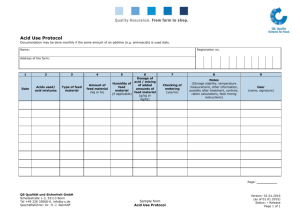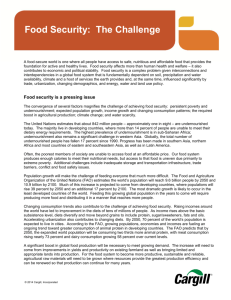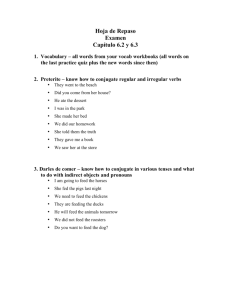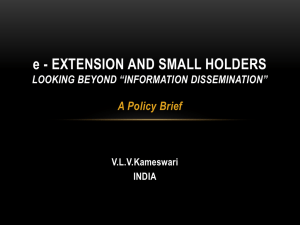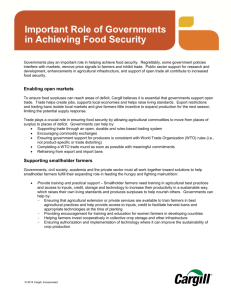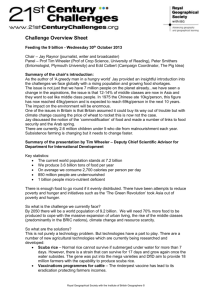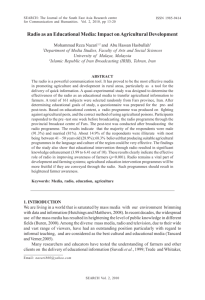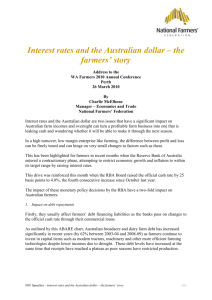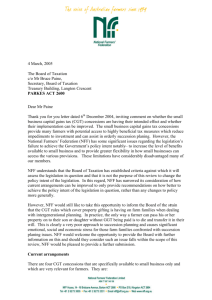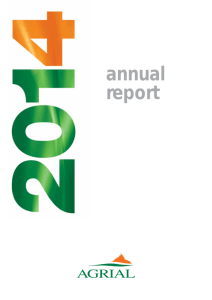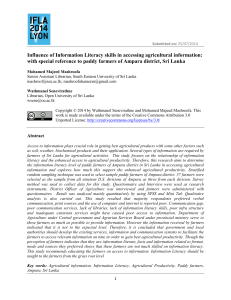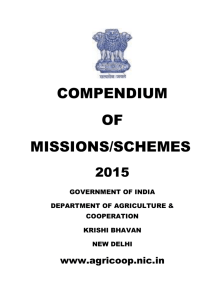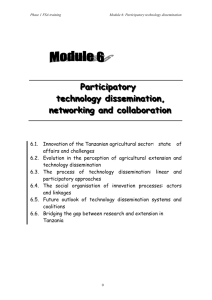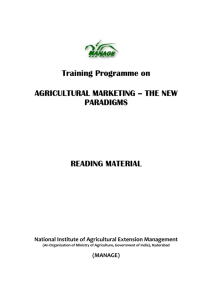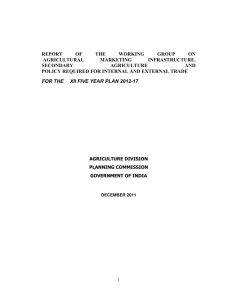Bring down barriers to feed more mouths
advertisement
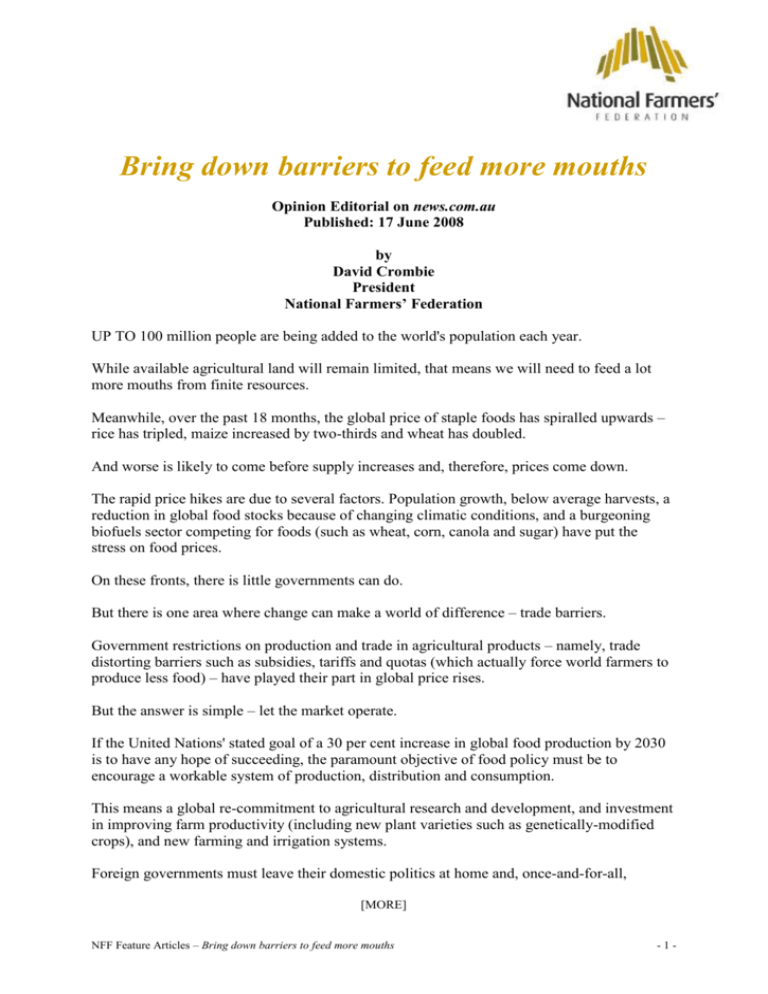
Bring down barriers to feed more mouths Opinion Editorial on news.com.au Published: 17 June 2008 by David Crombie President National Farmers’ Federation UP TO 100 million people are being added to the world's population each year. While available agricultural land will remain limited, that means we will need to feed a lot more mouths from finite resources. Meanwhile, over the past 18 months, the global price of staple foods has spiralled upwards – rice has tripled, maize increased by two-thirds and wheat has doubled. And worse is likely to come before supply increases and, therefore, prices come down. The rapid price hikes are due to several factors. Population growth, below average harvests, a reduction in global food stocks because of changing climatic conditions, and a burgeoning biofuels sector competing for foods (such as wheat, corn, canola and sugar) have put the stress on food prices. On these fronts, there is little governments can do. But there is one area where change can make a world of difference – trade barriers. Government restrictions on production and trade in agricultural products – namely, trade distorting barriers such as subsidies, tariffs and quotas (which actually force world farmers to produce less food) – have played their part in global price rises. But the answer is simple – let the market operate. If the United Nations' stated goal of a 30 per cent increase in global food production by 2030 is to have any hope of succeeding, the paramount objective of food policy must be to encourage a workable system of production, distribution and consumption. This means a global re-commitment to agricultural research and development, and investment in improving farm productivity (including new plant varieties such as genetically-modified crops), and new farming and irrigation systems. Foreign governments must leave their domestic politics at home and, once-and-for-all, [MORE] NFF Feature Articles – Bring down barriers to feed more mouths -1- abandon their trade distorting subsidies, tariffs and other artificial barriers, which only mire production by sending the wrong market signals to global farmers. It is why the world's farming community is actively prevented from responding to the food crisis in a timely fashion. Governments need to get serious about reform and genuinely re-ignite the World Trade Organisation's Doha Round of global trade reform. Governments must not intervene to impose limits on food exports, nor distort the flow of food stocks to the production of biofuels. The only workable policy response is to set up an open, market-oriented system for the production, distribution and consumption of food that enable farmers to respond to genuine market demands and ensure consumer needs are met. [ENDS] NFF Feature Articles – Bring down barriers to feed more mouths -2-
